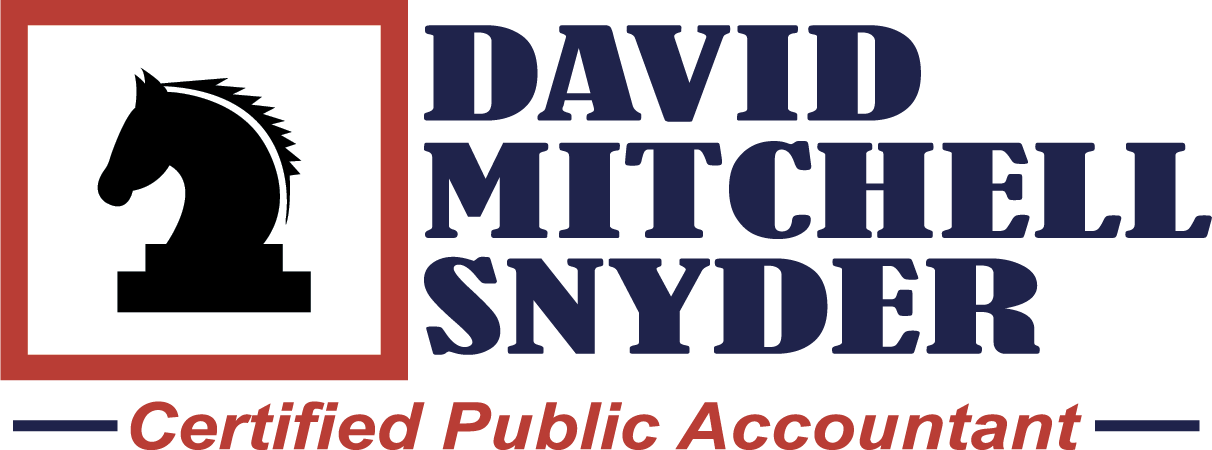Taxes in Retirement

Spoiler Alert! You will still pay income taxes in retirement! Up to 85% of your Social Security income is taxed. Usually 100% of your non-Roth IRA and 401(k) withdrawals are taxed. Ditto for your Pension income. Some, if not all, of your annuity withdrawals are subject to tax. Therefore, you should have appropriate withholding on your income sources or pay quarterly estimated income tax payments. Properly calculated withholdings and/or withholdings can help you avoid the underpayment penalty and having to write a large check come April 15th.
Deductions and Credits. The good news is that taxpayer’s age 65 and over have an addition to their standard deduction. In 2017 that amount is $1,550 if you file single or head of household and $1,250 per person if filing married filing jointly. So, for a married couple filing jointly with both spouses age 65 or greater their standard deduction will be increased by $2,500. There is also a credit for the Elderly or Disabled, but it only applies to taxpayers with adjusted gross income less than $17,500 for single filers, $20,000 for married fling jointly with one spouse qualifying and $25,000 for married filing jointly with both spouses qualifying. There are also limits to non-taxed income.
Retirement Distributions. There are planning opportunities, if you have both previously taxed and non-taxed retirement accounts. We subscribe to the strategy of timing withdrawals from each type of account based on your current and your expected future tax rates as affected by your withdrawals. Generally, you will retire in a year that you have higher taxable income than your next full year of retirement. Therefore, we advise you to take your withdrawals from previously taxed accounts in this first year. That way your remaining highest taxed year doesn’t have more income taxed at this higher rate. Every year, we suggest that you not take taxable withdrawals that would move you into a higher tax bracket. In general, because of the time value of money, we recommend taking non-taxable withdrawals before taxable withdrawals.
Required Minimum Distribution. The year you reach age 701/2 you must take taxable withdrawals from their non-Roth retirement accounts. The amount is calculated based on your life expectancy. There are no RMD’s for Roth accounts.
